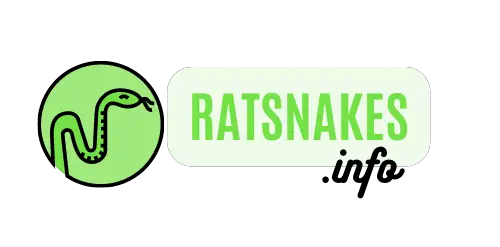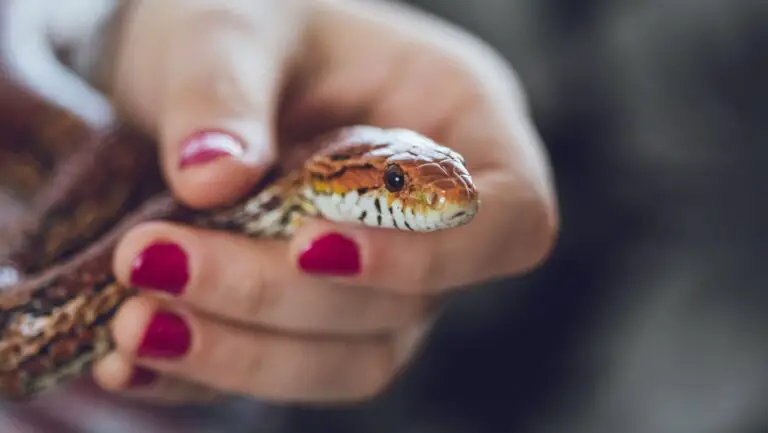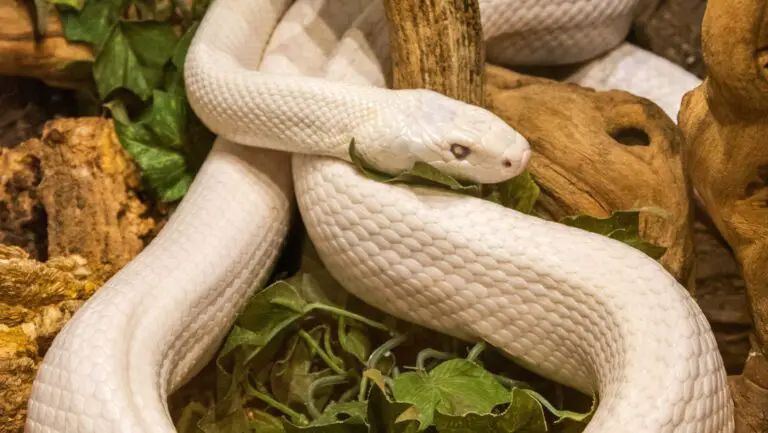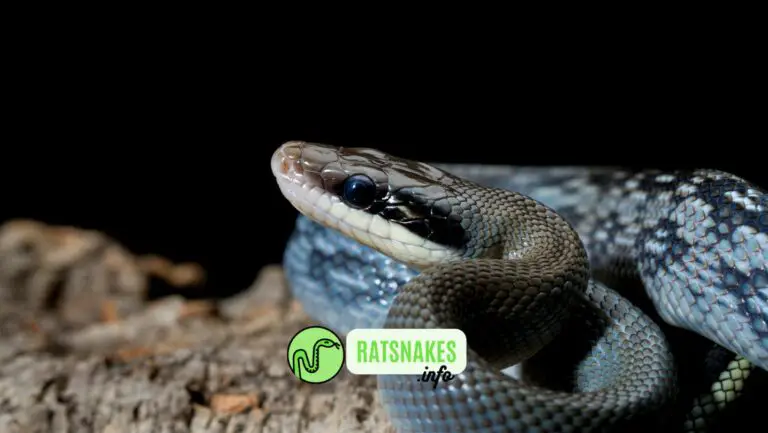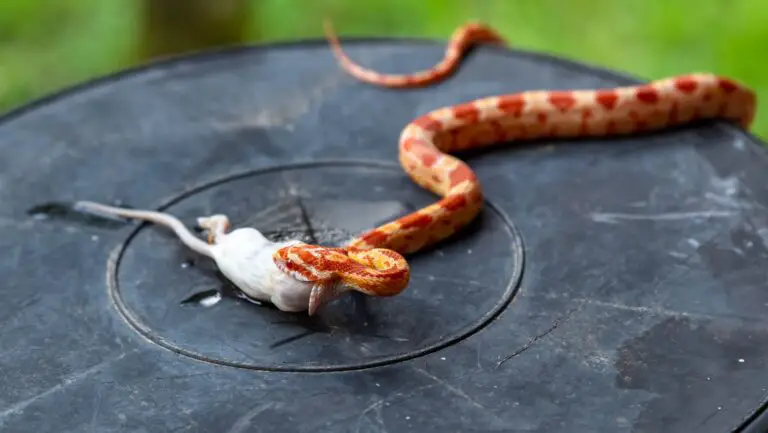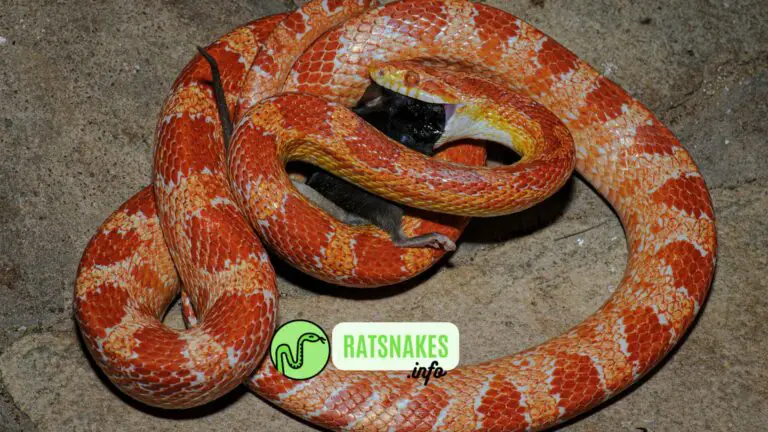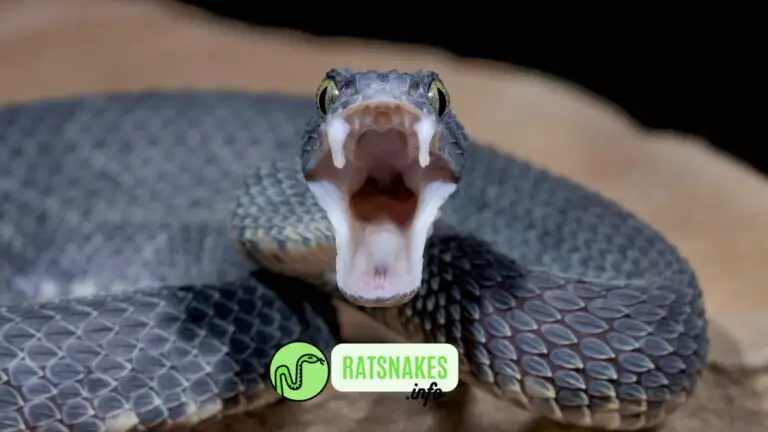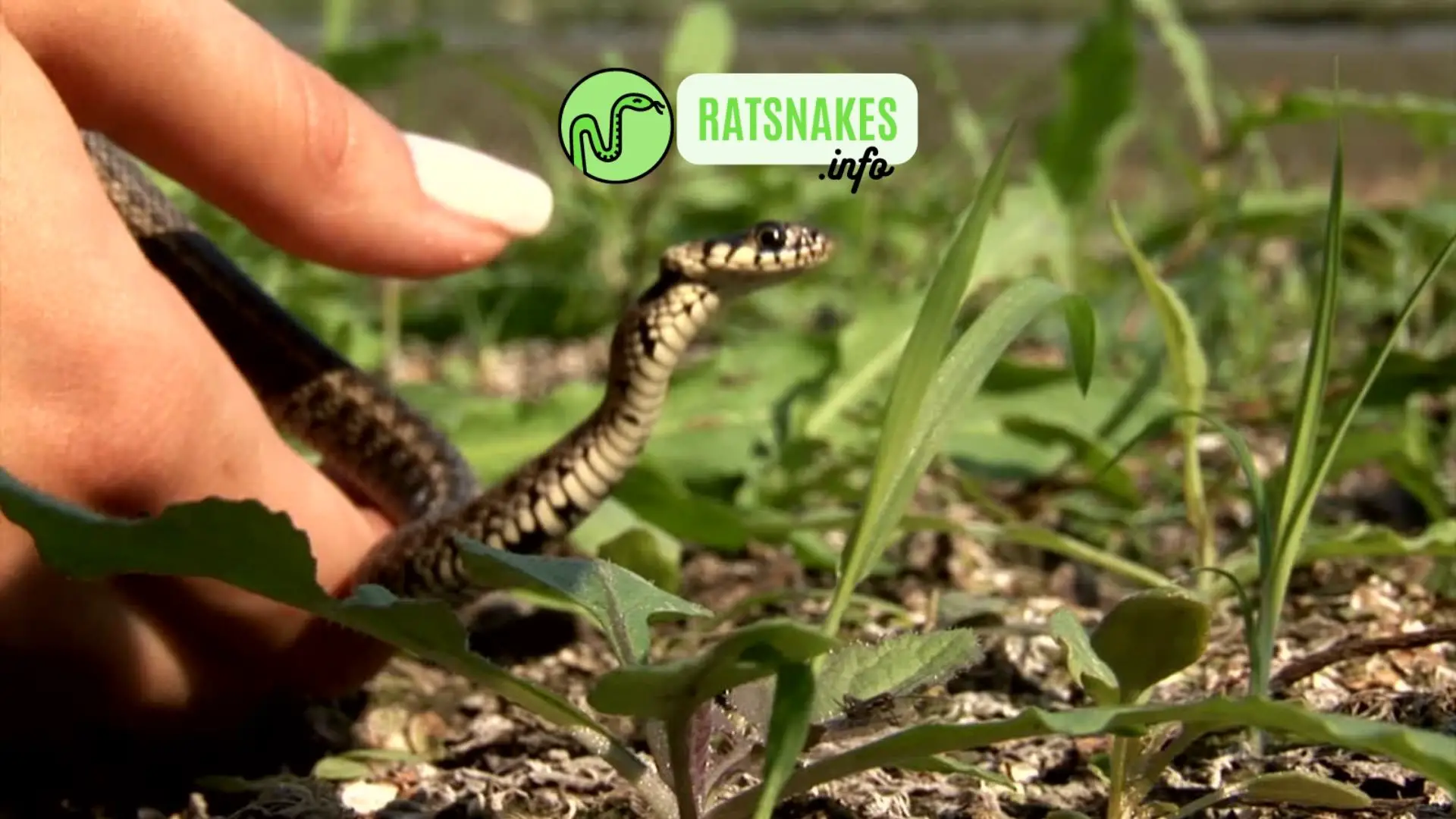
The importance of recording aspects of your snakes’ husbandry and relaying this to other fellow keepers.
The following is a representation of my own personal feelings at the moment on the various methods of conveying husbandry accounts, information and personal experience of keeping the animals we love to keep. It also goes on to explain that the lack of people willing to convey their experiences to others in the written form, results in a little frustration on my part and no doubt others. I don’t claim that anything I say is correct, although obviously I believe it to be, I do realise it’s just my opinion and as such not an absolute. I also realise that, it may change at least slightly over time however it hasn’t really changed for quite a few years now.
Often I use the word ‘we’, where I should have probably more correctly used the word ‘me’. If it helps, think of various lyricists, who have penned songs singing about subject matter outside their experience and personalising it with the first person, or conversely with them distancing something that was personal to them with the third person. It is undoubtedly what I have done here, haven’t we.
Methods of conveying information and our experiences
When I started keeping these fascinating animals, I had a close friend who advised me on how to do things. He’d been keeping reptiles and amphibians since he was very young. He’d learnt primarily through talking with other more experienced keepers, this is probably how most socially adept people learn new skills.
Although not socially inept, I knew no one else that kept reptiles and I wasn’t a ‘club’ or society kind of guy, I’m not sure I have ever been that comfortable ‘belonging’ to one. I did read a lot of other keepers’ accounts from society journals that were lent to me, by my friend, so was able to see the advantage of ‘belonging’ to societies or those that had a platform for the exchange of information at least. I have to state here that I still didn’t really belong (take out a subscription) to a ‘community’ of keepers at the time, the politics that often comes part and parcel with such organisations repelled my urge to do so, as a consequence, I knew only one fellow keeper and due to our separate lives and distance, communication wasn’t continuous. So, relying on oratory exchange for information and advice wasn’t possible, unless I wished to become a member of a herpetological group and I didn’t.
So various reference books were bought & lent, starting out my library wasn’t great nor specific but it did have some books where the authors adopted a ‘one size fits all’ approach, that served me well enough for a good grounding in addition to what I’d picked up from talking to my friend and very occasionally his friends.
A little later on, I used the net and the many various reptile related sites for research, or fragments of such, as well people’s brief accounts on a huge variety of forums. Luckily I found what I read to be very useful. Even if it didn’t directly answer my own concerns or enquiries, it did broaden my knowledge of keeping animals that were similar to my own. The book collection grew along side of this.
I could read accounts that were similar to things I was experiencing as I learnt my way through the gaps in knowledge that my close friend couldn’t answer, either because it was outside his own level of experience or more likely because he wasn’t contactable at that particular time.
Shortly after my honeymoon with internet forums, I found that very little information was conveyed on the same sites that just a few months ago seemed to be full of information. Now, they appeared to be packed with personal gibes, insults as well as commendations. To find anything you needed, you had to be prepared to put aside time to trawl through various posts to get the ‘meat’.
I don’t think this was due to any new trend in triviality, it was most likely just that as the volume of posters increased and so did the non-relevant posts. Perhaps various internet personalities clashed, causing axes to grind over time too, only compounding the possibility of what to me seemed like extraneous posts.
So, back to books, magazines, journals and articles on the net I went but the hard copy was king. Not that I ever totally abandoned the internet and forums, I have certainly become a less frequent poster due to this though. I’m sure if I was a more social person, talking would also play a major part in this flow of communication, but I’m not, so it doesn’t. The only contact I have with fellow herpers is really when I am buying or selling an animal. In fact to hear a correctly spoken scientific name from someone else’s lips, can sound like an alien word to me, although its always enlightening to hear others views and hear just how these words should be pronounced. I’m sure I’m not alone here. I will now move on to the areas of information exchange I’m more familiar with.
Books
Books are great vehicles for conveying information, particularly lots of information. The only downside in my opinion of this media is that it can become outdated, which is a shame as it usually comprises of a large volume of information. At times it may already have become outdated at the time of being published, due to taxonomic revelations, the advances of which are always on the increase following the various systematic studies. On the plus side, given the amount of information that books can convey, it is probable that it can provide insights on numerous aspects of your subject of interest and prove to be a frequent source of reference over a considerable time. It also provides a capsule of thought at the time, which in itself can be enlightening at times. It is not alone in this. All written forms of information can do this, although books due to their volume are more pronounced in this effect, in my opinion. Unless the books are a monograph, the only disadvantage may be that they are not specific enough to your own person area of interest. Ironically, this can be a plus too, a source of broadening your knowledge of other life forms, which may further help to understand the creatures that either live in the same environments or similar niches, all of which will aid in understanding a little more about the animals you are specifically researching.
Magazines
Magazines are mixed blessings from my point of view, both in the standard of articles presented in them and in the subject matter covered. Not all of which are of direct interest to me. Don’t misunderstand me, I like ‘forcing’ myself to read articles covering subjects that I only have limited interest in, it is surprising how often they may shed light on some aspect of your specific interest, or prove useful in other ways, like inspiring you to try something or adapt something to suit your own purpose. It’s just that many of the subjects ‘turned me off’, so to speak. I seem to have a problem with getting excited about albinos or this morph or that. Most of these morphs, to my very subjective eye, look truly ugly. That’s my opinion and I know that I am in a small minority, which doesn’t bother me, one bit.
I’m not ignorant to the fact that business drives technology, so anything that generates the greatest interest in the hobby, also inadvertently drives its technological advances too. These morphs generate the lion’s share of the income from the hobby, so I have to acknowledge that. Without such an interest in our hobby, we’d still be keeping species alive by oil lamps, barely. I still don’t have to share the fascination or appreciation in the ever present fascination with captive cultivars – for the most part anyway!
Scientific Journals
Although great for references, for getting up to date information of the latest scientific papers, usually with a taxonomic bias, scientific journals also provide many more papers that don’t quite hit my own (probably narrow) area of interest. Besides, as a layman and not a scientist, I can afford the luxury of choosing which papers to read and which not to when my time is pressing. Even if I will read the odd paper outside my ‘comfort zone’, I have to confess, I won’t read them all. They are invaluable references however, the times I read and reread them when the subject matter is ‘ratsnake’, probably out numbers the times I dip into books for information or has done over all the time I’ve been keeping these animals. These papers have opened my eyes on many matters regards the science of zoology, as a layman, some of the methods seem like voodoo to me but as far as I’m concerned, it’s all good juju. Peer reviewed papers have been reviewed by a panel of independent wizards, I mean scientists, so should in theory mean all experiments can be replicated and their results repeatable. All of which helps in understanding the drive of the papers, the thoroughness of their research and the value of their work, as does the number of times it gets cited by others following publication (and the nature of these citations of course!).
Society journals
Now I feel I’m in that ‘happiest place’, the society journal. Here we find people’s accounts of keeping their animals, their trials and tribulations, mostly ‘all’ and just occasionally ‘warts’ too. Both sides are of interest and importance. Even if what we are reading has been repeated by someone else’s account, it’s a shared experience and tells the astute reader, that it is likely a fairly common occurrence. Here we find articles outside our main area of interest, unlike the scientific journal we don’t have to trawl through ‘scientese’ to purvey them though. We can share in others interests and as it is easier to read these accounts, we are more inclined to read them as a result.
They also brought the realisation that we shared a common enough interest in a group of animals, that brought us together in a similar pursuit of information and experience almost by proxy, which I feel is the primary reason for reading other peoples accounts. It becomes evident that the writers are drawn from different backgrounds, the variety of styles makes reading the newsletters (or whichever vehicle a society uses for publishing its members articles) refreshing due to the multiple approach and style of relaying the authors accounts or opinions on their subject matter.
There is that sense of wanting to belong too in spite of my denying it, people whether conscious or not, do seem for the most part to want to belong to a ‘community’. Social interaction is arguably one of the characteristics that help make the human mammal evolutionary ‘fit’, where genetically or physiologically many of us may be far from ‘fit’. This force of evolutionary nature surely coerces us into making groups for our mutual benefit. As in natural selection, it may be seen to benefit the group, but let’s be honest, the feeling of belonging and interacting within a group is probably borne out of the desire for individual benefit, surely that is the primary drive. The benefit is knowledge and reference in the case of articles/accounts relayed to its members by its members.
It’s one of the primary goals in starting the Ratsnake Foundation. By compiling information in one place, where keepers or those interested in ratsnakes, could come to, to satisfy their lust for records and sharing other people’s experiences. By providing a platform for fellow keepers to interact, it would hopefully plant the seed of a community no matter how small due to its specialised interest. It would also offer a vehicle for other keepers to share their experiences in articles of various aspects of husbandry.
Keeping records
Most if not all of us keep some form of records, we should all be keeping the most basic of records. I’ve heard from keepers how they know what all their animals ate and when, so why should they write everything down. Surprisingly these keepers often have large collections and it would stretch the imagination to really believe that they were capable of recalling which snakes fed, which didn’t, what they were offered, how they reacted to their meals, if they were coming up for a slough, were they reacting to the scent of their defrosting meals etc.. Records will help us know what an animal’s behaviour is likely to be like at a certain time, it can alert us to something amiss in our husbandry or the snakes’ health and well being. Acknowledgement of this situation is the first step in addressing any problem that may arise or preventing one from escalating.
Even for the most record shy of keepers, records are important to maintain our animals. What is recorded is very personal to the individual keeper, their lifestyle, their size and nature of their collection, what interests them about their snakes and their conscience.
At the very least, food offered and when should be recorded. The act of a snake missing a meal can reveal a potential issue, if repeated over a few weeks when the snake was previously eating readily everything it was offered. By recording the when, we record a time line, something we can look back on from year to year. Building a further picture up of our snakes wants and needs through the annual cycle. Obviously, the ‘when’ is very important for breeding animals, when mates are sought by males, when the females are most receptive, when they are likely to lay their eggs following a slough? Observation’s are very useful in telling the individual keeper what is happening to their snakes and for anticipating what is most likely to occur and at least roughly when it might occur. It all helps us get those egg laying sites ready for the laying, those incubators warmed up for the incubation etc.
Truthfully keeping records promotes self learning, identifying patterns of behaviour, catering for our animals needs more thoroughly, arming us with our knowledge gained from our experience, records and their interpretation. It also provides us with a means to convey to our fellow keepers what we have learnt. All the work is really done in recording the information. Not all of which needs to be relayed in keepers accounts in society journals. By sharing this information, we are more likely to encourage others to do the same, only furthering this flow of information between keepers from different backgrounds. All of this helps to cement the ethos of camaraderie within the society’s membership and more importantly (for me), we are learning from others experiences.
Sharing our Experiences
When we want to know something and feel that a friend has personal experience of what we wish to learn about, we ask them. When we’d like to know how other people deal with the same subject to gain a greater insight into the topic, we read about it, either on forums, magazines, journals (academic or hobbyist) or from books. If people hadn’t have shared their experiences, how much would we now know? It is not really a hard concept to grasp, it is very important that people write accounts of their experiences and are willing to share them with others.
They don’t have to be lengthy, in depth or even demonstrate a remarkable level of understanding on the subject. All data could prove useful to someone somewhere at some time. It’s not only ‘firsts’ that are of importance, even comments on the most commonly kept species are of value, they may tell us something we hadn’t considered before or if it relates a similar experience to countless others, it tells us how usual that experience is by many different keepers, which may reinforce a notion about that particular animal.
Articles recounting our experiences provide adhesion to communities, a form of social interaction, of bonding to some extent even. On the forums this is most relevant because it can be very nearly ‘real time’. Even in other forms of written media, it does bring us together. Lots of our thoughts are shared, even when we approach them from a different angle. This also demonstrates that our interest in these animals is shared by a diverse social group.
Perception is an individual gift, we all share, giving all accounts a slightly different slant. Reading these accounts only broadens our knowledge, and helps us to consider aspects that may not have been encountered by us. Articles have the advantage of providing a single voice to be heard on a subject, allowing it to speak to its conclusion about something. Whereas forums may distract threads away from the subject matter (which is often a good thing on forums), this is something that is not always desired by the reader.
Sharing our experiences helps one another, help us to help yourself by promoting this practise and tell us about your experience of keeping the ratsnakes you keep. If you’re not too confident with your command of English, just submit or discuss your ideas for an article with myself or another member of staff and we will help you turn your account into an article.
